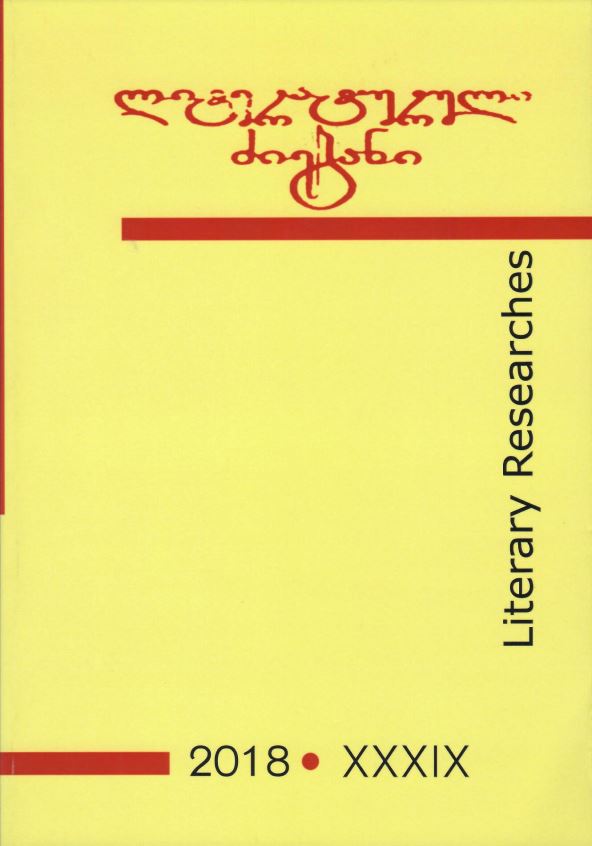Published 2018-12-20
Keywords
- Politics,
- Postcolonial,
- Section,
- India
How to Cite
Abstract
Focus on political issues one of the characteristic features works by postcolonial authors. Salman Rushdie’s essays is a vivid example. An analysis of the political problems of contemporary India takes a significant place in his essays. For example, the author concentrated his attention on the victories and defeats of independent India during the fifty years in the essay «India’s Fifty Years». Most Anglo-Indian authors are focused on building a postcolonial independent state. First of all, they analyze the «heyday» of the newborn political institutions. They study corruption as an essential attribute of new states. Corruption is compared to an invincible demon that has penetrated all spheres of life in Indian society. Anglo-Indian authors expose the myth of freedom in modern India. Attitude of ordinary Indians to the police acts as a litmus test of the real state of Indian «democracy». Typhoid, cholera, election fever is the terrible disease of India. Elections are the most dangerous Indian disease. The abundance of violence is considered the reverse side of the process of decolonization. Religious differences and territorial nature occupy an important place among decolonization conflicts. The boundaries of the colonial administrative units of the new countries coincided in most cases. The British colony of British India was divided into independent states — Dominion Pakistan and the Indian Union оn the Indian subcontinent. He became a tragedy for both countries. It led to large-scale bloodshed, mass migrations
of the population and the disunity of a large number of Muslim families. S. Rushdie considers the division of the British colony of British India into independent states a tragic political mistake. The writer is confident that the Section was the result of a political struggle. The conflict between India and Pakistan continued for fifty years. Kashmir / «Paradise on earth» (according to the figurative expression of the Mughals) is a cause of constant discord. Pakistan occupies a special place in the reflections of postcolonial authors. It is a militarized state in the west of the country. The country’s budget is spent on military needs to a large extent. Thus, Anglo-Indian writers reveal the most painful ulcers of modern Indian society. This contributes to the modernization of the postcolonial country

